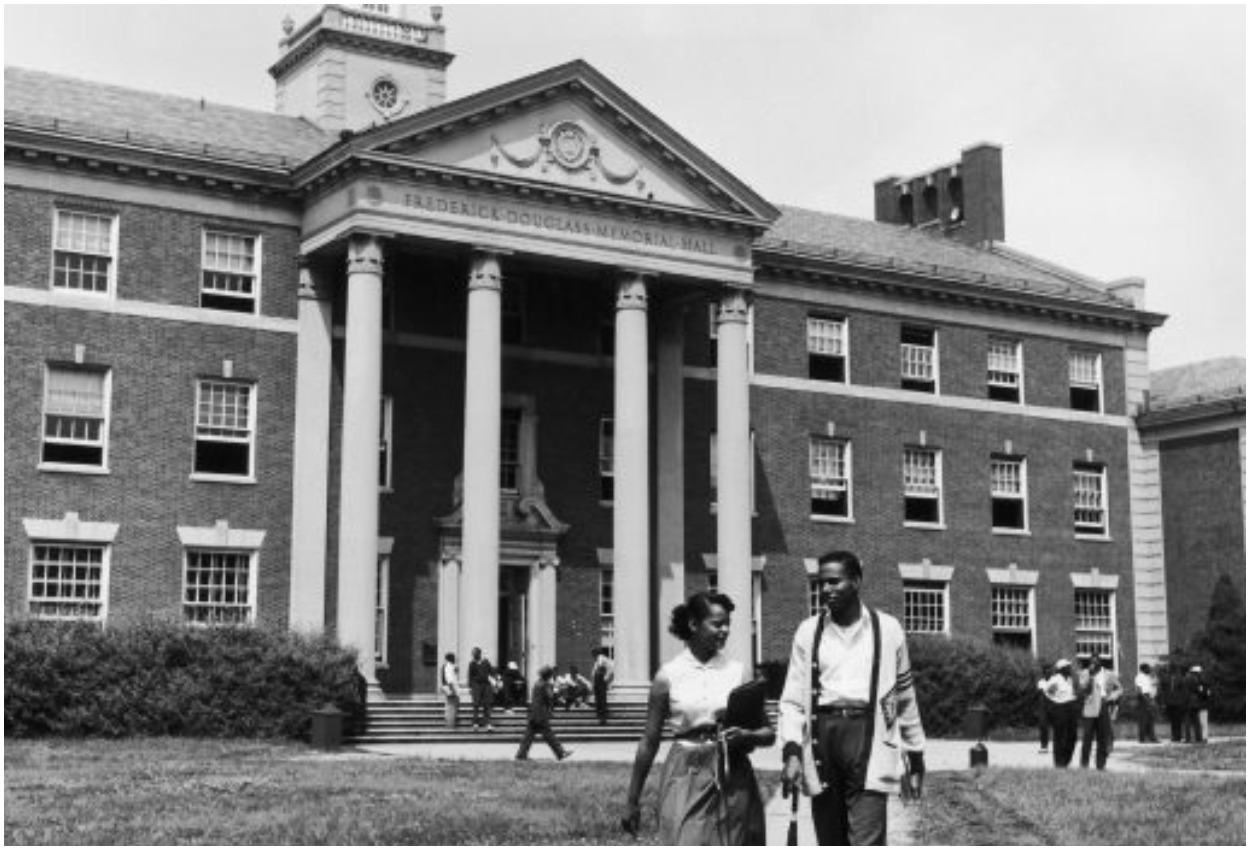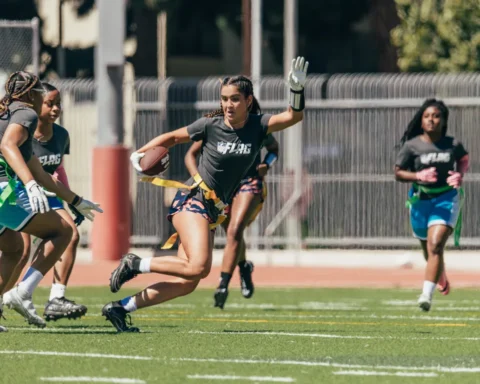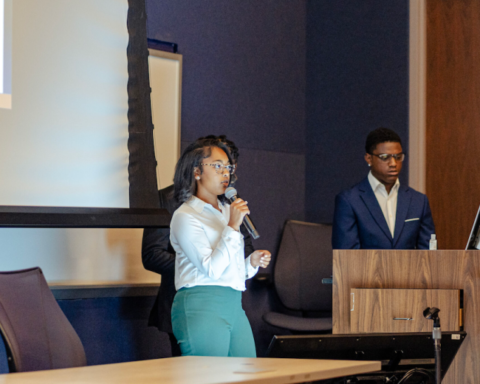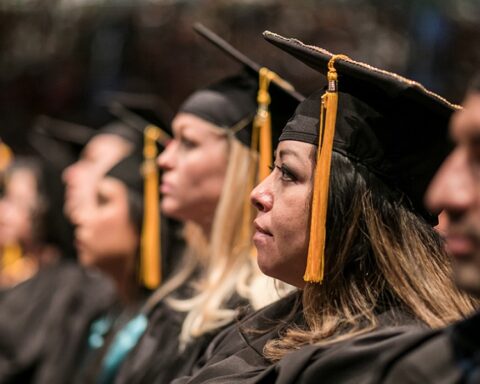Getty Images and Denny’s announced their partnership to foster the Getty Images Photo Archive Grants for HBCUs.
Getty Images and Denny’s announced their new partnership and grant at the Martha’s Vineyard African American Film Festival, during the Preserving the History of HBCUs Together panel discussion.
The panel’s participants consisted of Brenda Lauderback, Denny’s Board Chair; Cassandra Illidge, Vice President of Global Partnerships and Executive Director of the HBCU Grants Program at Getty Images; and Thomas K. Hudson, J.D., President of Jackson State University.
Ebony reports that through this partnership Denny’s will disburse stipends to students attending the HBCUs who have been chosen as the recipients of the Getty Images Photo Archive Grants for HBCUs. These HBCUs include Claflin University, North Carolina Central University, Jackson State University, and Prairie View A&M University.
This program will support the digitization of the visual history of HBCUs so that it can be “honored, revered and accessed for years to come” according to Ebony. Getty Images plans on making over 100,000 photos will be available for licensing in the “Historically Black Colleges & Universities Collection” on their website.
“First, I want Getty Images to work with every HBCU. Second, I would love to see Black archivists—I want to see students come out of school and be employed at companies like EBONY or Getty Images or Denny’s or back at Jackson State, said Illidge. “Ultimately, the goal of this program is to make a difference in the way the world views history and this will provide a wealth of content for publications and textbooks to be filled with historical events that are relevant to us and were photographed by us.”
In partnership with the Getty Family and philanthropic organization Stand Together, the grants are committing $500,000 towards the digitization of HBCU photographic archives, with the respective HBCUs retaining full ownership.
“We want to have many more students to have the opportunity to work in their schools and working to digitize all of their images, giving them an experience they may never have had if they didn’t have this program in place,” said Lauderback. “Also, the opportunity for many more HBCUs to be a part of this program—we want to this grow. We know that if we can control our narrative in our schools and amongst our people, we are better off. We don’t need other people telling our story.”





